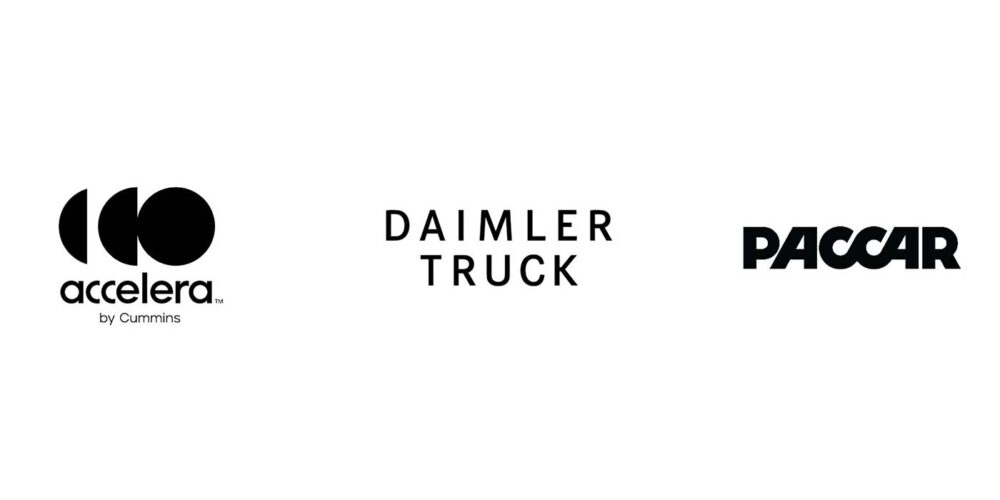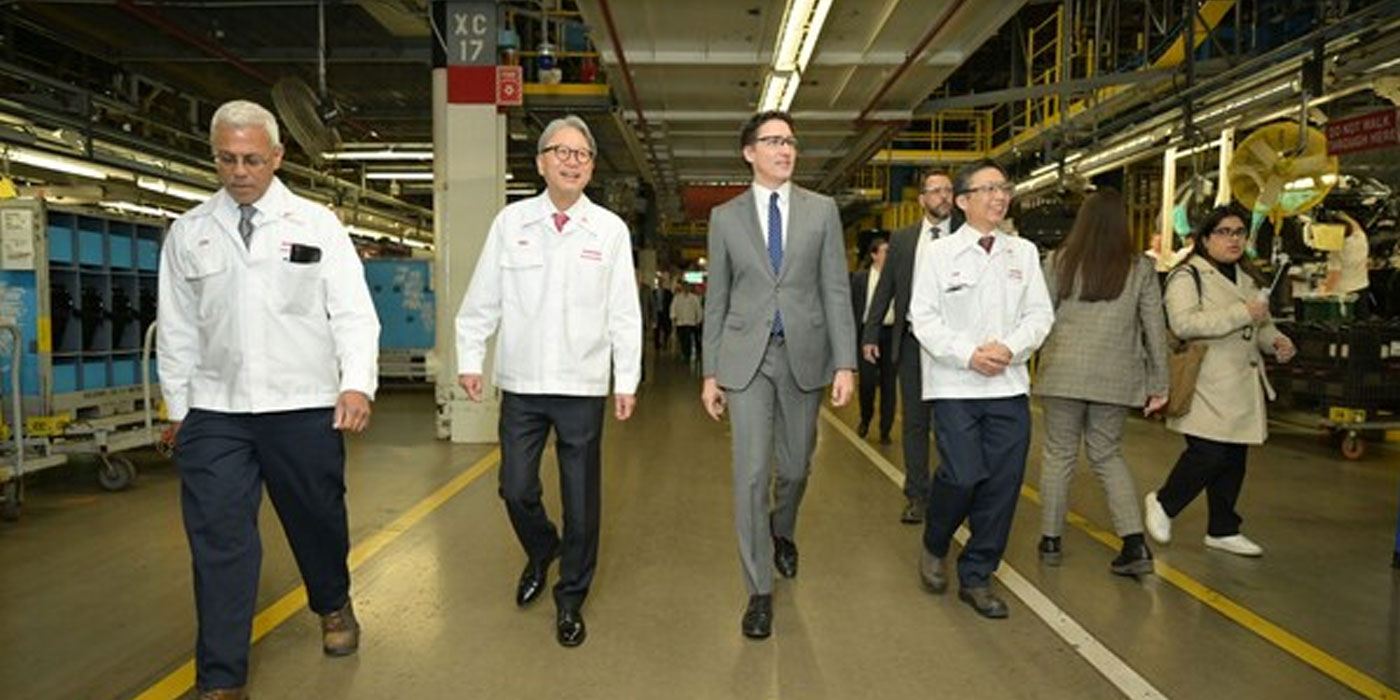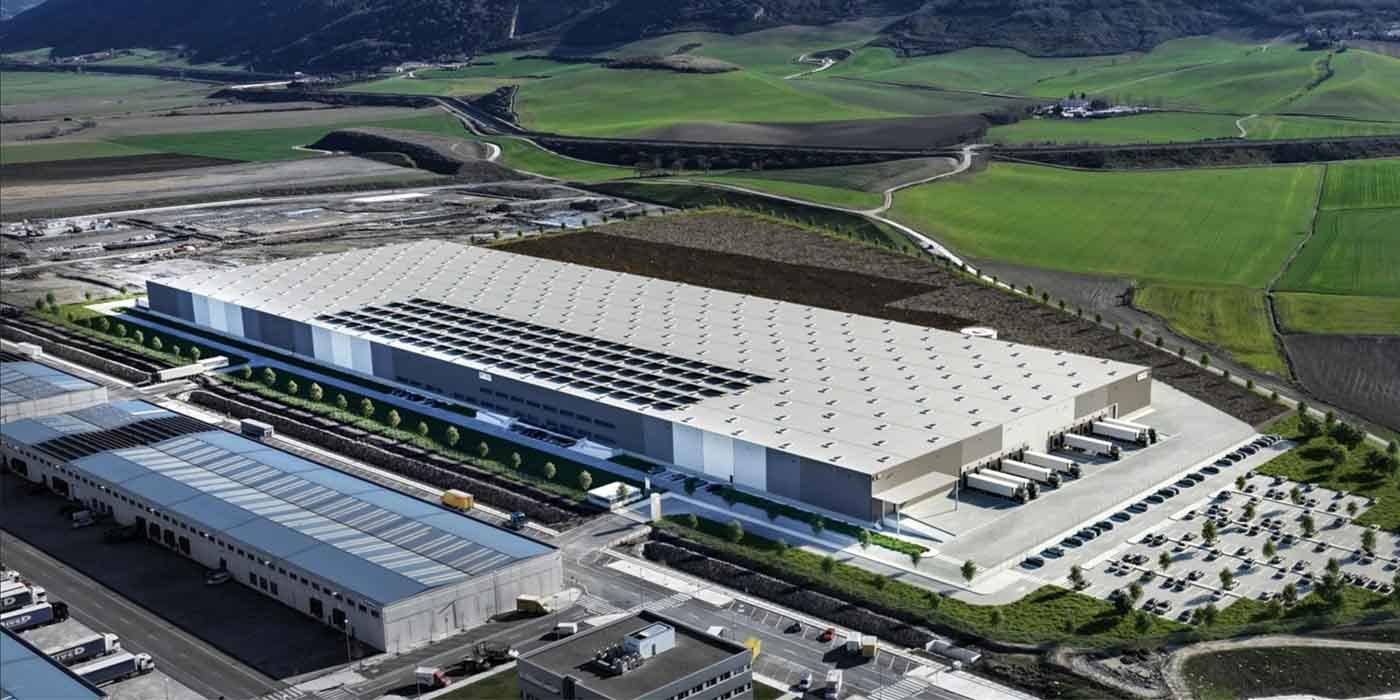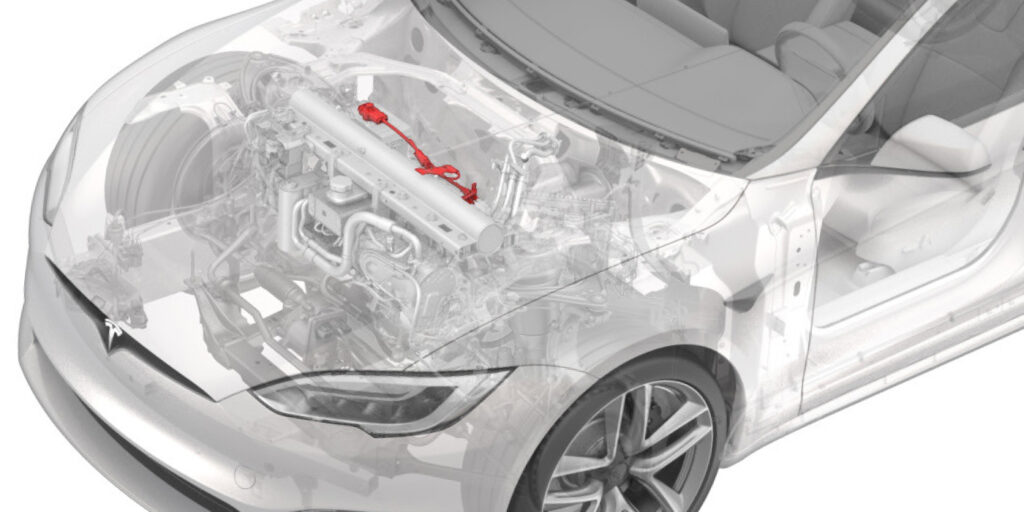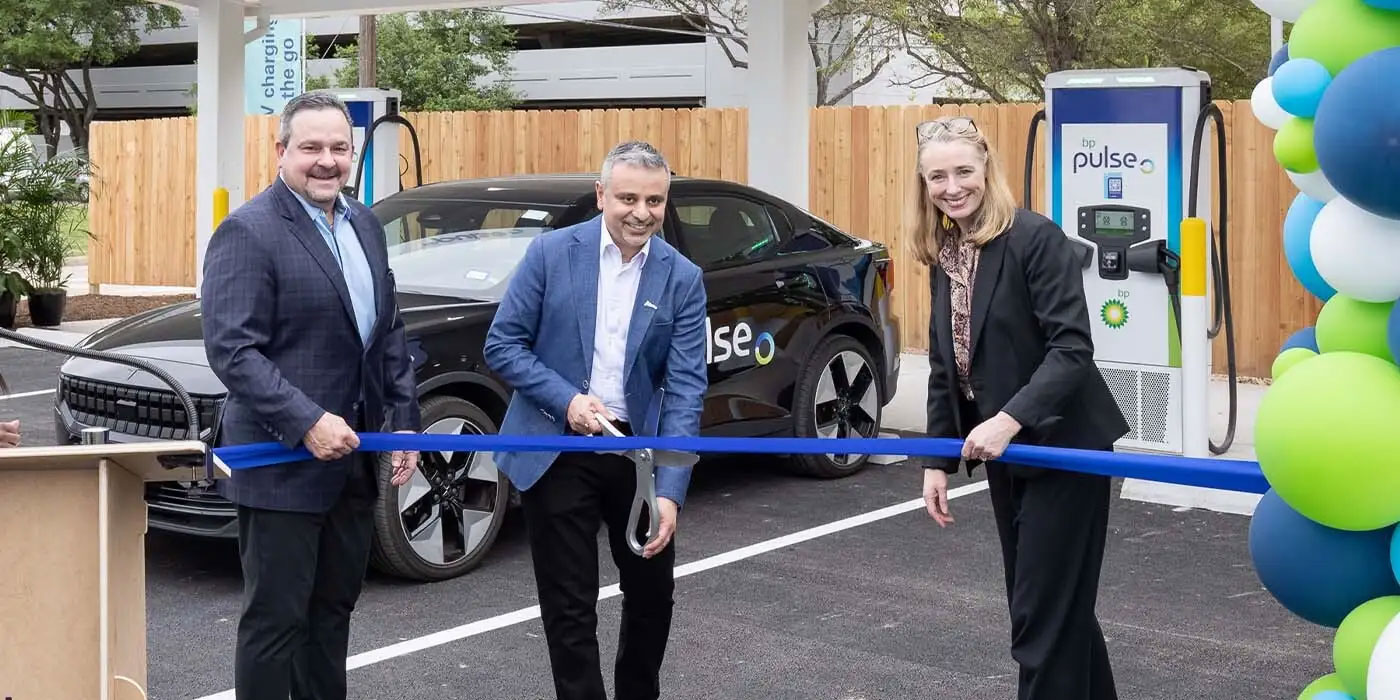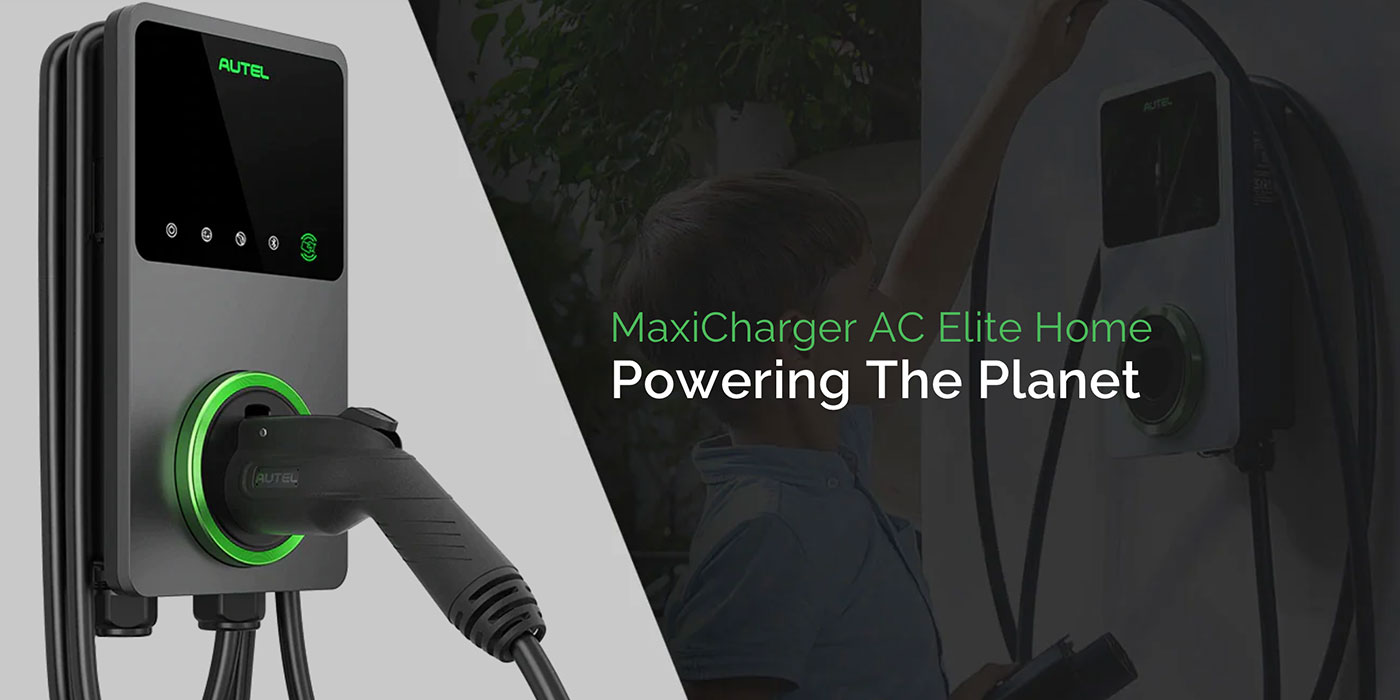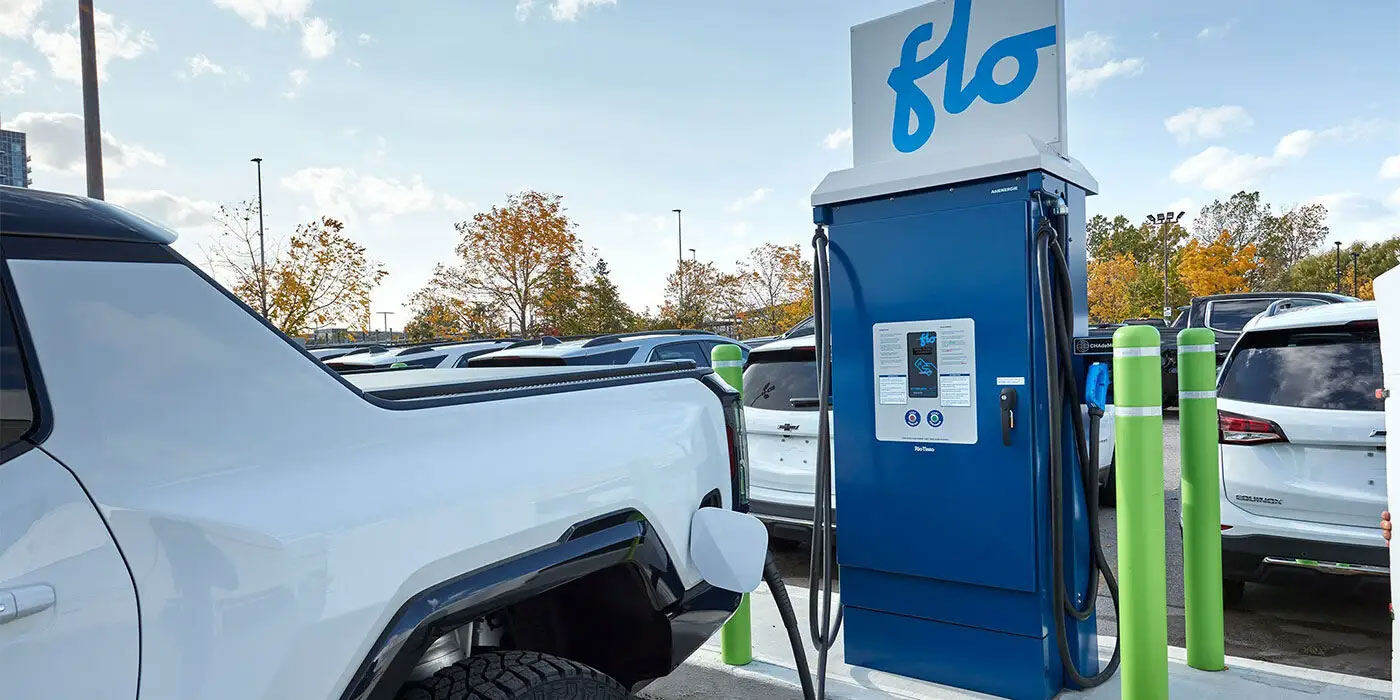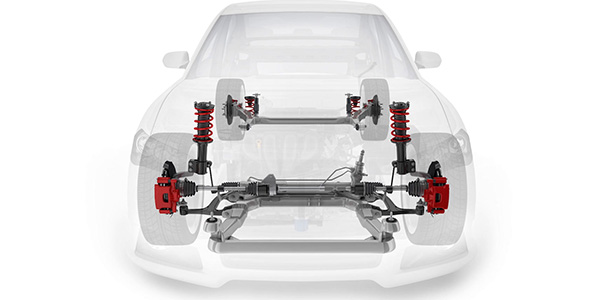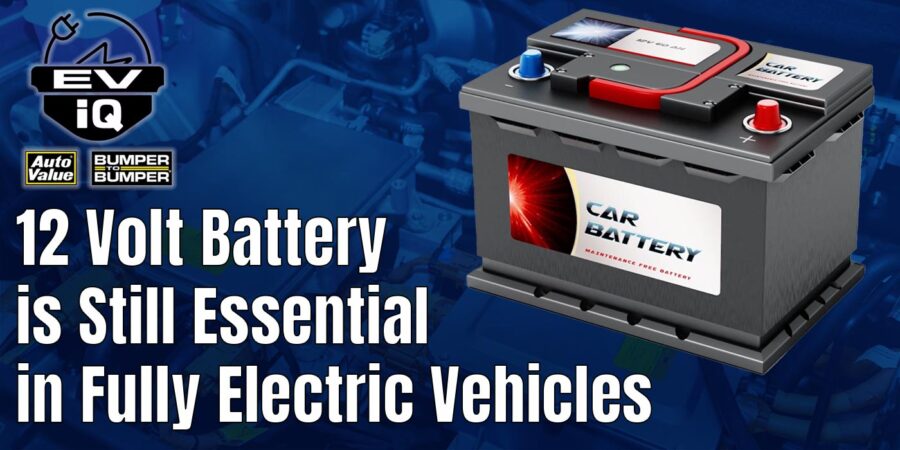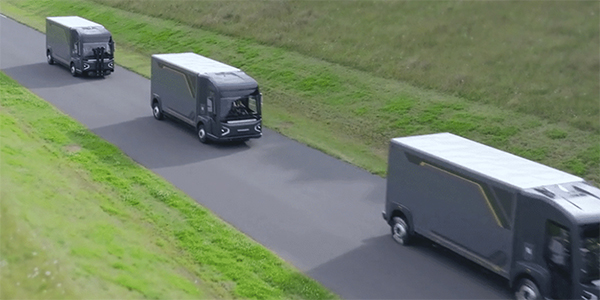Accelera by Cummins, Daimler Trucks & Buses US Holding LLC and PACCAR have chosen Marshall County, Mississippi, as the site for their upcoming advanced battery cell manufacturing facility. This joint venture, expected to create over 2,000 U.S. manufacturing jobs, aims to produce battery cells for commercial electric vehicles starting in 2027. The 21-gigawatt-hour factory also has potential for future expansion.
Jennifer Rumsey, Cummins chair and CEO, expressed enthusiasm about the selection: “This site selection represents an exciting and tangible step toward advancing our Destination Zero strategy and our vision to lead the industry toward a decarbonized future.” She highlighted the venture’s commitment to driving economic growth in Mississippi while expanding their customer service capabilities.
John O’Leary, president and CEO of Daimler Truck North America, emphasized the importance of localized battery cell production for cost-effective decarbonization options for fleets. “We’re grateful to the State of Mississippi and the Marshall County community for joining us in achieving this goal and helping to realize our shared climate goals,” O’Leary said.
Preston Feight, PACCAR CEO, also recognized Mississippi as an excellent business partner and looked forward to expanding their partnership with the new battery cell factory.
The joint venture, announced in September 2023, focuses on lithium-iron-phosphate (LFP) battery technology for commercial battery-electric trucks. EVE Energy, holding a 10% ownership in the venture, will contribute its battery cell design and manufacturing expertise.
Accelera, Daimler Truck and PACCAR are committed to leading the commercial vehicle sector’s transition to zero-emissions technologies, in line with the Paris Climate Agreement. The transaction is subject to customary closing conditions and regulatory approvals, including a voluntary notice to the Committee on Foreign Investment in the United States (CFIUS).

